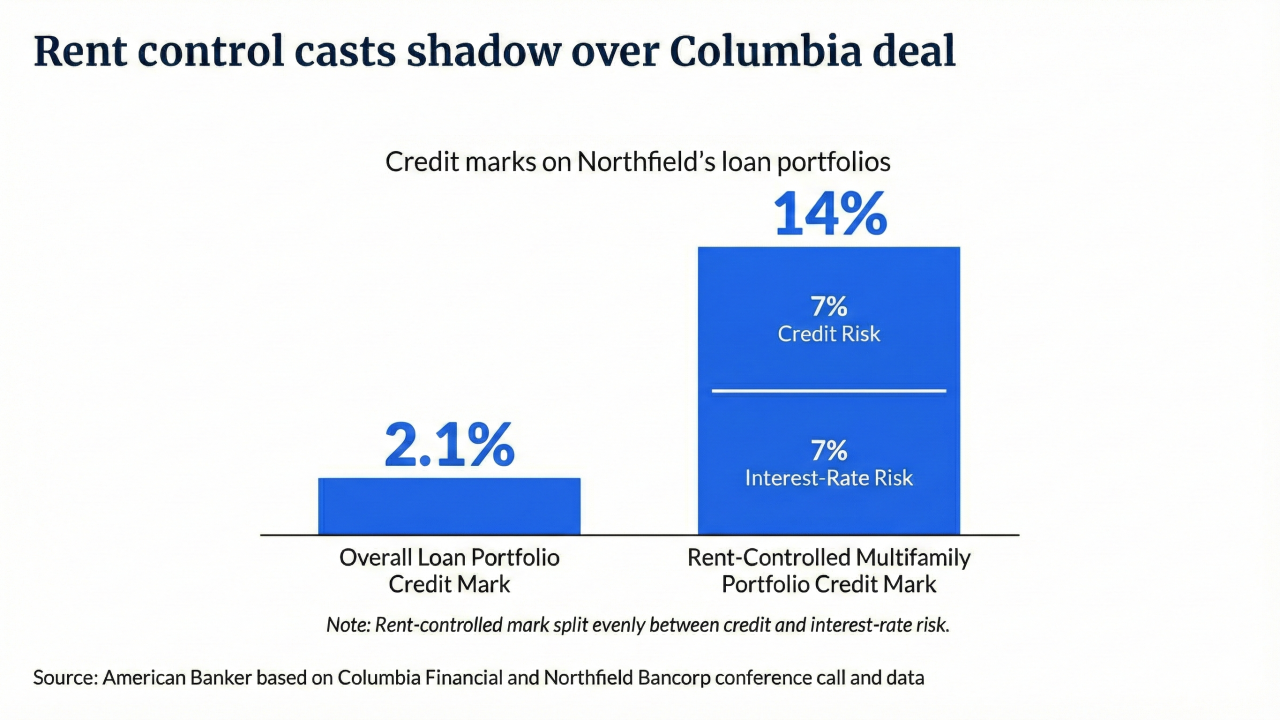Despite the rapid advancement of digital payments, many people still rely on cash, leading to partisan disputes over the best way to ensure consumers who need paper bills can avoid being shut out of the financial system.
"We have a lot of work to do on this issue, but we can't take a step back by removing access to cash," said Rep. Nikema Williams, D-Ga., during a House Financial Services Committee hearing Thursday on the underbanked and cash access called "Cashed Out: How a Cashless Economy Impacts Disadvantaged Communities and Peoples."
The hearing's testimony fell largely along partisan lines, with Democrats advocating government action to either require businesses to accept cash or to create a direct relationship between consumers and the Federal Reserve to ensure universal access to the banking system. Republicans and conservative witnesses pushed for fintech competition and an easier route for private companies that provide digital financial services to receive banking licenses.
Williams is a co-sponsor of the
"Businesses make their own decisions," said Rep. William Timmons, R-S.C., who said he's opposed to government mandates to protect cash. "The free market is working here" and the payment choice bill "is a solution in search of a problem."

Cash's decline accelerated during the pandemic, as people rapidly moved to online shopping while others adopted contactless payments over fears that
Democrats who testified generally pointed to the
"Many businesses are moving to go cashless," said Rep. Maxine Waters, D-Calif., who chairs the House Financial Services Committee. Waters contended the acceleration of cash-free payments could leave certain segments of the population behind. "Do you see the potential for economic segregation here?"
Waters, who pushed for the Federal Reserve to disburse "
"There is an underground economy with handymen and women who are taking care of their communities. They want to be paid in cash," Waters said.
There's also signs that the decline of cash may not be accelerating as quickly as experts predicted at the start of the pandemic. While 46% of consumers globally reported using cash less due to the pandemic, that figure was 35% in the U.S., according to
"Even though the pandemic accelerated trends toward digital payments, cash is the primary payment method" for the unbanked, said Rep. Rashida Tlaib, D-Mich., who advocated for public banking methods or
And even as cash declined, new
"There's no one size that fits all," said Rep. Tom Emmer, R-Minn., who advocated digital currencies such as stablecoins as a means to address privacy concerns for consumers who may not want to use bank-supported digital payments. "Government shouldn't be in the business of telling people and businesses, large or small, what payment types they should accept," Emmer said.
The cost of handling cash has become a concern for banks and merchants. Managing cash costs retailers between 5% and 15% of payment volume (a $100 sale paid in cash would cost $15), according to
In the U.K., ensuring access to cash has
"Cash is not free," said Todd Zywicki, a professor of law at the George Mason University Antonin Scalia School of Law and a witness at Thursday's hearing. The government should promote competition via broader credit union chartering and by issuing more industrial bank licenses or make it easier for retailers and other non-banks that provide financial services to offer banking, Zywicki said. "Rather than propping up cash, we should promote greater competition," he said.
Local jurisdictions have already made moves to mandate cash. Colorado earlier this year passed a
"That ordinance can be a model about preserving cash as a payment option that can coexist with other options," said Norma Garcia, policy counsel and director of the Mission Economic Development Agency, a Latinx community organization in San Francisco, who was a witness at Thursday's hearing.
Amazon Go, which operates a checkout-free model by linking in-store cameras to consumers' Amazon e-commerce accounts, is one of several technology projects that spurred a movement to protect the use of cash. Massachusetts, New Jersey and Philadelphia passed laws requiring businesses to support cash, while New York, Connecticut, Rhode Island are considering bills.
"The war on cash is not a new concept," said Valdez, who is pushing the U.S. Congress to advance national legislation to protect cash.





